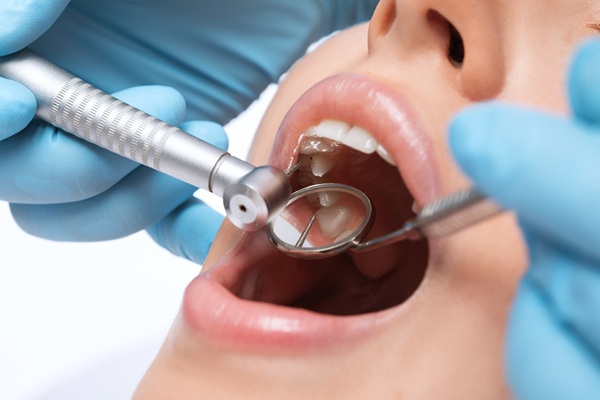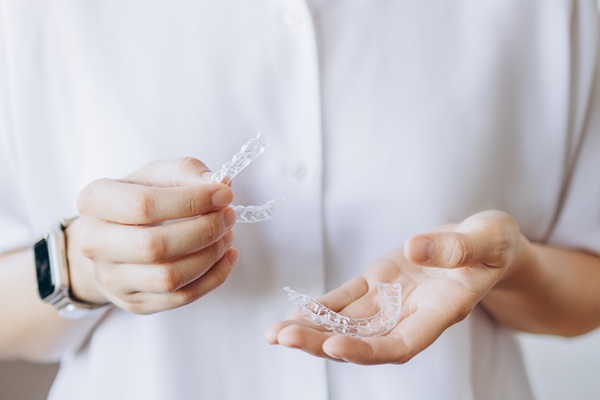Tips for Tooth Extraction Aftercare
is the removal of a tooth from its socket. There are two types of extraction: simple and surgical. Simple extractions involve the removal of visible teeth. During simple extractions, dentists loosen the teeth and remove them with dental forceps. Surgical extractions become necessary when teeth break off at the gum line or do not penetrate the gums. In these cases, dentists make small incisions in the gums to remove the tooth.
Tooth extraction recovery
Patients might require a tooth extraction due to decay, trauma, or crowding. When dentists recommend extractions, individuals may naturally feel overwhelmed. Fortunately, an extraction is a standard procedure, and when people follow the dentist's recommendations, they should heal with few or no complications.
The day of the appointment
Dentists may ask patients to bite down on sterile, dry gauze for about 30 to 45 minutes following the appointment. The gauze helps limit bleeding and allows clotting to occur. Depending on the type of extraction, professionals might place self-dissolving stitches.
Common problems following a tooth extraction include bleeding, swelling, and pain. Immediately after, patients should prevent trauma to the site. Pulling a tooth is an invasive procedure, and people should allow themselves to rest for the first 24 hours. During routine extractions, most patients need to set aside several hours for recovery on the procedure day. However, surgical extractions may require a few days of rest.
The patient should apply ice to the affected area for 10-minute intervals and avoid spitting or rinsing for the first 24 hours. Spitting and rinsing can dislodge the blood clot and lead to a painful condition called dry socket. Patients can prop their heads up with pillows to prevent bleeding while lying down.
The process 24 hours later
Patients should stick to soft foods for the first 24 hours and the following day. Yogurt, soup, pudding, and applesauce are nutritious, soft options that should not aggravate the extraction site. They should also avoid sharp or hard foods that may cause further injury. As the wound heals, individuals can add more solid foods.
Patients should try to limit physical activity for the first couple of days. In addition to the body requiring rest to heal, some of the prescribed medications can also cause dizziness and fatigue. Discomfort begins to lessen within three days, but it can last as long as two weeks in some cases. Severe pain, persistent bleeding, fever, and recurring swelling may indicate complications or infection.
People should continue to brush and floss their teeth as usual. To encourage healing, they can also rinse their mouth with a saltwater solution and warm water. Patients should avoid sucking through a straw or rinsing with an over-the-counter mouthwash for the first three days.
Conclusion
Dentists use tooth extraction to treat various ailments that compromise the structure and health of a patient's teeth. While an intimidating procedure, the aftercare does not have to be complex or daunting. Keeping the site clean and following the professional's orders encourages quick healing.
Request an appointment here: https://ddaestheticdentistry.com or call D&D Family Dentistry at 5407397589 for an appointment in our Fredericksburg office.
Check out what others are saying about our dental services on Yelp: .
Recent Posts
While dentists strive to save natural teeth whenever possible, certain situations may require tooth extractions to preserve oral health. When severe damage, decay, infection, or other oral health issues threaten the health of your smile, an extraction can save it. It is important patients recognize the signs of trouble and seek treatment promptly.Extensive tooth decay…
A wisdom tooth extraction is often necessary in order to create room in the mouth as well as to help avoid or relieve pain. While the procedure itself is common and generally goes well for most patients, it is important is to know the steps to take to fully recover afterward. Recovery varies for every…
A dentist might recommend root canal therapy or tooth extraction to treat an infected or badly damaged tooth. Factors like the severity of the infection and the tooth's location often determine how the dentist approaches treating a patient.Tooth extraction is the cheaper alternative, but it can end up costing more than root canal therapy if…
After a tooth extraction procedure, it is important to follow the aftercare tips provided by the dentist to ensure full healing and prevent complications. The first few days after the treatment are crucial, and a quick recovery will mean that you can resume your normal activities as soon as possible. This article highlights a few…


